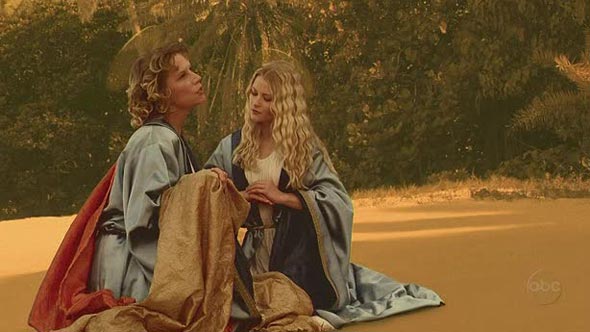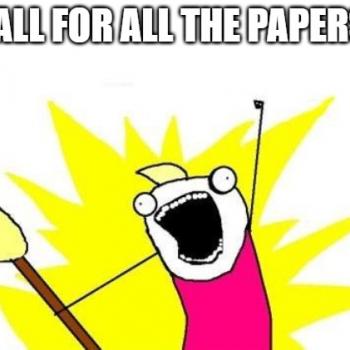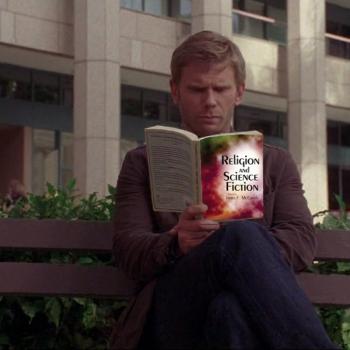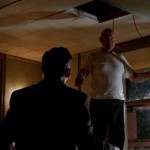The episode starts with a scene of a painting of the baptism of Jesus. It is Christmas morning, and Charlie gets a piano. His mother talks of his talent and the hope that he will save them. It is a dream, and we hear the whispers as Charlie imagines Aaron in the piano, now on the island, being washed out to sea. He wakes up and is panicked. But Claire and Aaron are fine, though Charlie is jealous of Locke’s involvement with Charlie and friendship with Claire.
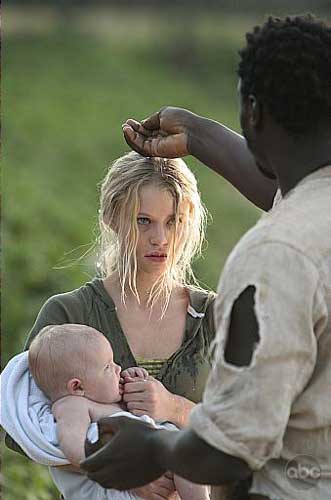 In another flashback, we see how Liam missed his daughter’s birth, doing drugs. His daughter is named Megan, after their mother. Later, we see a time when Karen kicked Liam out because he dropped Megan. Charlie has started writing a song again. But later Liam sells the piano, to get himself and his family tickets to go to Australia to get a job and into rehab.
In another flashback, we see how Liam missed his daughter’s birth, doing drugs. His daughter is named Megan, after their mother. Later, we see a time when Karen kicked Liam out because he dropped Megan. Charlie has started writing a song again. But later Liam sells the piano, to get himself and his family tickets to go to Australia to get a job and into rehab.
In another dream, we see Charlie having a dream, in which his mother and Claire are dressed like saints in a painting, and they talk of the baby being in danger, but when he wakes up, he is holding the baby in the middle of the night and doesn’t know how it happened, but it terrifies Claire and everyone else.
This episode also sees the start of the relationship between Hurley and Libby. He thinks he knows her from somewhere other than the flight.
Mr. Eko suggests that the dream might mean something. Charlie then goes to Claire and says they have to baptize Aaron. Locke later talks about baptism as “spiritual insurance,” and suggeste that Charlie feels like he has to save the baby because he can’t save himself. Charlie starts a fire, then takes Aaron, wanting to baptize him, but Eko tells him, “This is not the way.” Later, after Claire talks about baltism getting you into heaven, Eko explains baptism to Claire, telling the story of John baptizing Jesus, saying that cleansing came first, heaven only later. Claire hasn’t been baptized and so Eko baptizes both her and Aaron.
Locke puts the Vorgin Mary statues in the armory, changing the combination again.
With hindsight, we can see the ambiguity of the experiences that people have on the island, even when they have spiritual content to them. Charlie’s dreams are a lot like Locke’s earlier ones. Yet in Locke’s, he learned something that he otherwise had no way of knowing – about the plane, and about Boone’s childhood. Charlie, on the other hand, may have simply been having vivid dreams and sleepwalking. Discerning when one is genuinely in contact with something supernatural is a tricky business on LOST. And as we ultimately learn, those who’ve become custodians of the island’s mysterious powers are mere humans, too. No one on the show, at any point, has an infallible insight into what the island wants, or what God wants. And yet the show also suggests that, through this veil of uncertainty, people nonetheless connect with a transcendent reality. And so the show’s ambiguities – and the fact that it doesn’t tie up all the loose ends – makes the show better and more insightful into human existence, rather than less satisfying, in my opinion.
